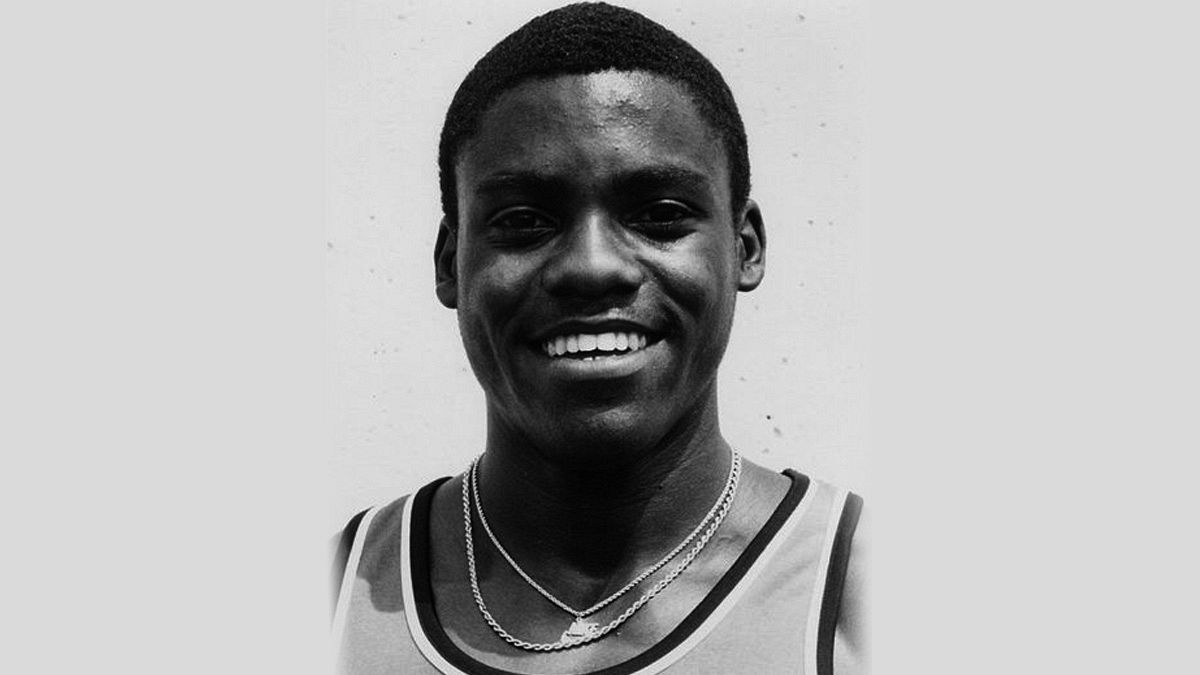MOSCOW 1980 US boycott reduces the numbers
Only 80 countries took part in the 1980 Moscow Games, the lowest number since 1956. The USA led a boycott to protest against the Soviet Union’s invasion of Afghanistan. Many more countries that did take part, including most European nations, took part under the Olympic flag rather than their own national flags. Despite the reduced field, more World Records were set (36) than had been in Montreal and there were more events (203) than ever before.
The most unlikely victory came in the women’s field hockey. The boycott meant there were very few countries taking part in women’s hockey, which was making its Olympic debut in Moscow, and so Zimbabwe was sent a late invitation to take part. A squad was selected a week before the opening ceremony and the Zimbabwe team, despite having never practiced together before carried off the Gold medal to the surprise of everyone, not least the favourites for the event, the USSR.
Another highlight of the Games came in the men’s middle-distance running, with the rivalry between Steve Ovett and Sebastian Coe of Britain added extra spice to the 800 and 1,500 metres.
Coe v Ovett
Women’s Hockey
LOS ANGELES 1984 Big bucks bring the Games back into profit
With most cities scared off by the financial mess that was the legacy of Montreal, only Los Angeles bid for the Games in 1984. But ‘Reaganomics’ returned the Olympics to profit in a big way; using existing facilities rather than building new ones and making the most of corporate sponsors meant the LA Games raked in more than 200 million dollars.
The USSR and other Soviet bloc countries boycotted Los Angeles, an act of tit-for-tat after the US boycott of Moscow. As a result the USA dominated the medals table. The US athlete to steal the show was Carl Lewis, who repeated Jesse Owens 1936 achievement of Golds in the 100m, 200m, 4X100m relay and Long Jump.
Another memorable, infamous moment came in the women’s 3,000 metres final. After an intense campaign by a British newspaper, Great Britain fast-tracked an application of citizenship by South African-born Zola Budd, a bare-footed runner who had a world record to her name. The diminutive Budd had a poster on her bedroom wall of US runner Mary Decker and was delighted to at last race against her hero.
Her dream turned into a nightmare however when during the race, Decker tripped over Budd’s legs and crashed out of the race. The crowd, believing that Budd tripped Decker deliberately, booed as Budd ran on in first place. But the atmosphere in the stadium finally got to Budd, and she fell away in the final laps, finishing in seventh place.
Carl Lewis 100m
Zola Budd
SEOUL 1988 Doping rears its ugly head
South Korea wanted to use the Olympics as a springboard for better relations with the outside world and boost its transition towards democratisation. It was helped by the presence of both the USA and the USSR, who had boycotted the 1980 and 1984 Games respectively, and a record 159 nations were represented.
Perhaps the most infamous example of doping took place in Seoul. 20 years after the IOC introduced doping tests in Rome, a high-profile athlete was about to test positive for banned substances. Canada’s Ben Johnson won the men’s 100 metres by a large margin, and in hindsight one can understand why that margin was so large. After his positive test he was stripped of the Gold medal, which was then awarded to Carl Lewis, who finished second. Two Bulgarian weightlifters also tested positive for doping after winning their events.
There was more conn the boxing ring. First, Korean officials physically attacked a referee after he gave a warning to a South Korean boxer. Then in the light-middleweight final, American Roy Jones Jr was given the Silver medal despite having dominated the bout against his South Korean opponent, Park Si-Hun. Park’s look of embarrassment as the referee raised his arm to signal victory reflected the disbelief of the boxing world. The three judges that awarded the fight to Park were later suspended.
Top American diver Greg Louganis won two Golds despite hitting his head on the springboard. This was later to prove controversial as it emerged that Louganis was HIV positive but had not told anybody, not even the medic who stitched his bleeding head.
Greg Louganis
Boxing scandal Roy Jone JR
Ben Johnson
